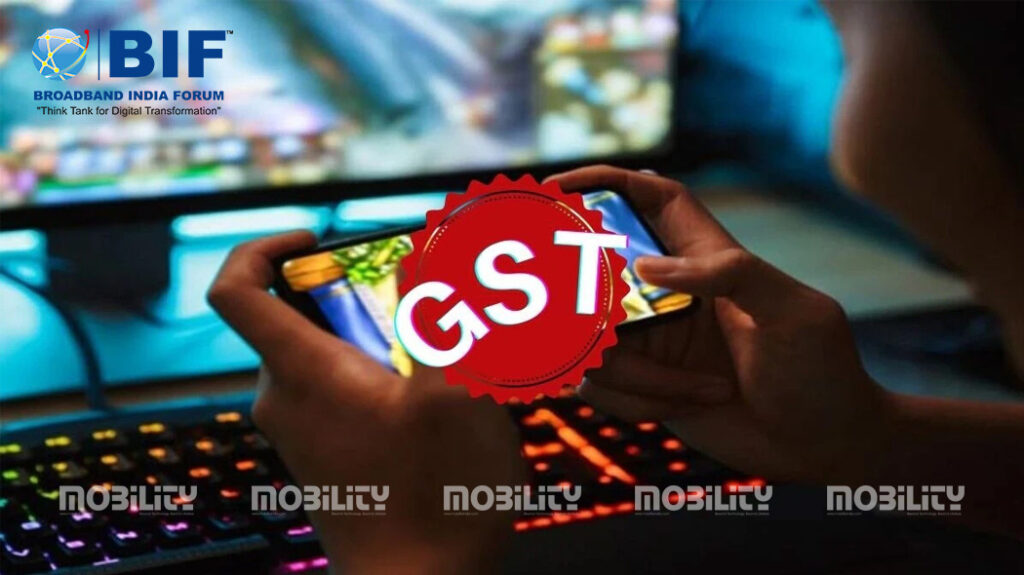It is common knowledge that effective marketing can either greatly increase sales or cause a significant decline. In today's business landscape, companies can easily lose market share by disregarding customer preferences or failing to cater to their needs. Whether it is through digital marketing or direct selling, understanding customers and building trust with them is crucial for achieving business success. As digital marketing continues to develop worldwide, there is no longer a competition between the two channels. Instead, they complement each other and are interconnected.
While digital marketing can help create viral content and reach a wide audience, direct selling facilitates the easy sale of various products and services such as high-value personal items, industrial goods, machinery, automobiles, customized products, and more. It comes as no surprise that the Indian Direct Selling industry has experienced significant growth, with a compounded annual growth rate of 13% from Rs 11,650 crores in 2017-18 to Rs 19,020 crores in 2021-22. Additionally, according to the World Federation of Direct Selling Associations (WFDSA), the total number of direct sellers in India rose to 5.7 million in 2018-19, and this number is projected to reach 18 million by 2025.
As businesses explore new and alternative sources of revenue, integrating both direct selling and digital marketing strategies has become crucial. In addition to skilled sales negotiations, businesses must now adopt a holistic approach to their marketing function to ensure the creation of a strong brand, recall value, and customer loyalty. How can you combine direct selling with technology to achieve superior business outcomes? This can be achieved through IIT Delhi's Certificate Programme in Sales and Marketing, which equips individuals with contemporary sales and marketing skills essential for driving organizational growth intelligently. This six-month program allows participants to understand the powerful link between sales and marketing, gain exposure to successful and emerging frameworks, and reshape their careers in a disruptive market.

Why choose this program?
The program consists of 34 modules that are designed to help individuals build superior value propositions and unlock growth. It enables participants to learn how to devise and implement sharp and measurable sales and marketing strategies through the following ways:
1. Learning how to create effective sales techniques, including lessons on closing deals, increasing personal influence, and utilizing proven, repeatable frameworks.
2. Mastering the sales journey by managing pre-sales activities, brand building, conversion, account management, after-sales support, and scaling up. Participants will also learn how to generate, nurture, convert, and delight customers.
3. Gaining expertise in aligning sales with business drivers through the hiring and management of high-performance teams, fostering a sales culture, and aligning sales objectives with overall business goals.
4. Enhancing data-driven customer focus by utilizing customer insights in both B2B and B2C sales, and integrating digital marketing strategies for targeted campaigns.
5. Balancing strategy with operations by developing an opportunity-centric sales strategy and being aware of the evolving role of a sales manager on a daily basis.
Furthermore, participants will have the opportunity to work on a group capstone project, where they can apply their learnings from the program to conduct critical analyses of the market, business, and organization from a sales and marketing perspective.
How will IIT Delhi facilitate learning?
The opportunity to learn at one of India's top-ranked Institutes of national importance is truly transformative. This six-month programme, delivered through live online sessions and recorded videos featuring real-world case studies, will provide you with world-class sales and marketing frameworks, strategies, tools, and ideas that can be directly applied in your workplace. With insights from renowned IIT Delhi faculty and engaging peer discussions, you will develop a mindset that aligns with leading practices for driving sustainable business growth. Moreover, you will expand your professional network and earn a valuable completion certificate in Sales and Marketing from IIT Delhi.

Is this the right programme for you?
This programme is highly beneficial for professionals aiming to capitalize on the flourishing direct selling and digital marketing industry in India. Here's who will derive the greatest value from this course:
Early-career Sales and Marketing professionals seeking to enhance their abilities and achieve tangible results in the field
Professionals intent on embarking on a Sales and Marketing career, who will find the structured insights invaluable in building a solid foundation
Entrepreneurs and Managers aiming to cultivate their sales function and nurture high-performance teams
Enrolling in this programme will enable you to grasp a wide range of impactful topics, empowering you to navigate complex markets, comprehend customer sentiment, and effectively deliver and capture maximum value. Key details are provided below:
Start date: June 17, 2023
Fees: Rs 65,000 + GST
Duration: 6 months, live online sessions with faculty
About IIT Delhi
The Indian Institute of Technology Delhi (IIT Delhi) is among the original five IITs established in India with the objective of providing education, conducting research, and fostering development in the fields of science, engineering, and technology. Founded as the College of Engineering in 1961, the institute was later designated an Institution of National Importance through the "Institutes of Technology (Amendment) Act, 1963" and renamed as the "Indian Institute of Technology Delhi." It further gained Deemed University status, granting it the authority to determine its academic policy, conduct its own examinations, and confer its own degrees. Over the years, IIT Delhi has produced more than 48,000 graduates across various disciplines, including Engineering, Physical Sciences, Management, Humanities, and Social Sciences. For additional information, please visit www.iitd.ac.in.

























